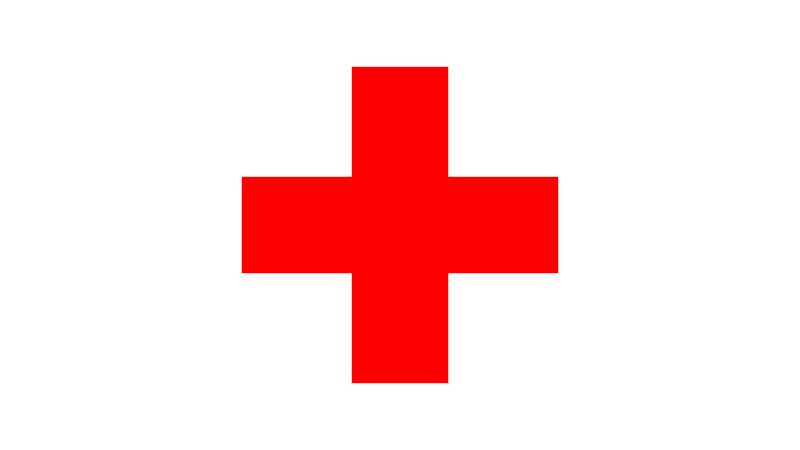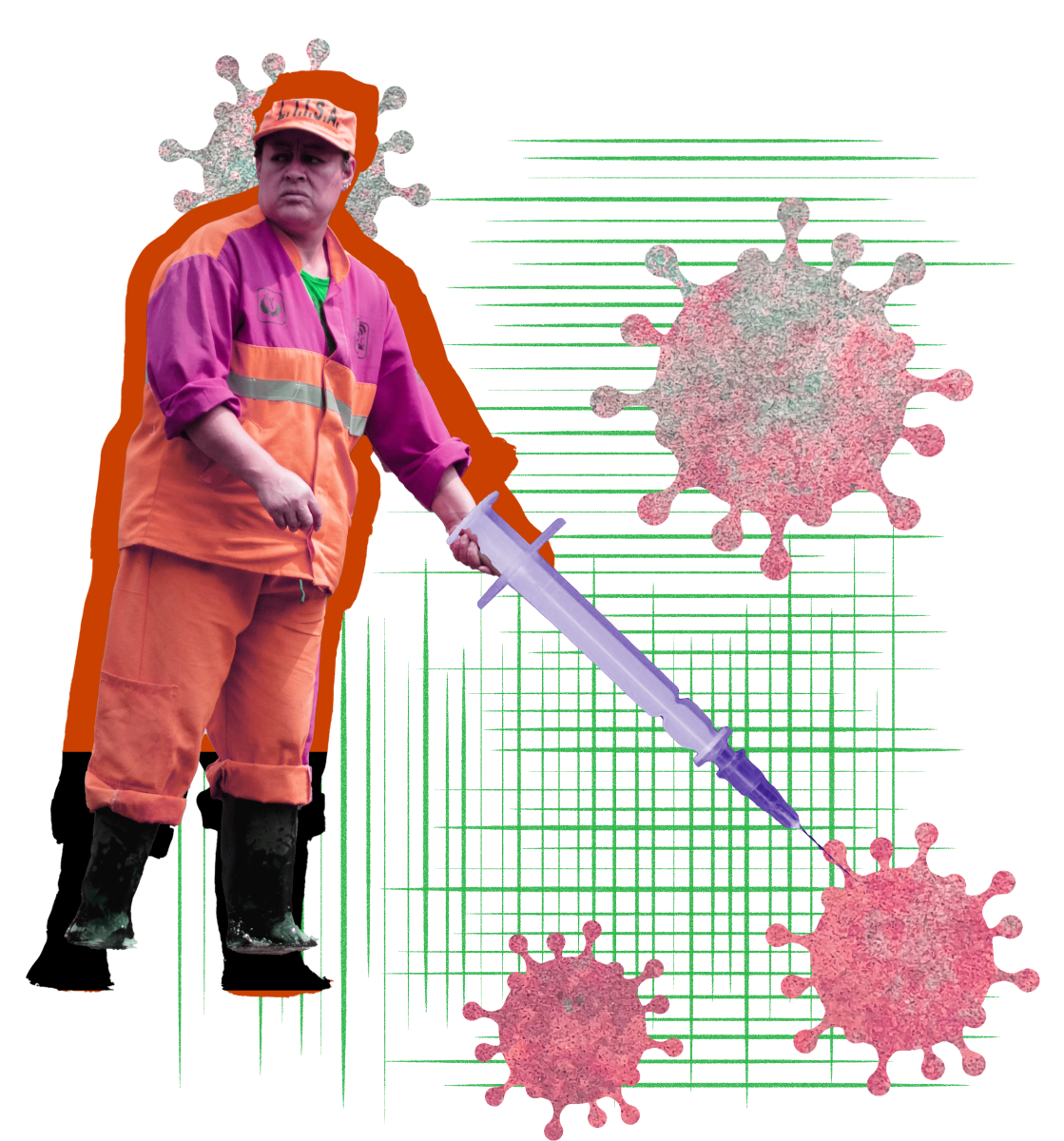Blood donation, while largely known as a common humanitarian act with health benefits, still have common misbeliefs attached to the act. Recently, Pre-Health Society and Red Cross League hosted a blood donation in the Campus Center Atrium, and arranged for students to donate blood on campus.
Some common myths that prevent potential donors from donating blood include seasonal allergies, high cholesterol or blood pressure, being diabetic, iron deficiency , etc. However, if one maintains general wellness with medication for their medical conditions, blood donations are actually welcome. In other words, by meeting some medical requirements, a diabetic person can also donate blood without any restrictions; if you have a parent or relative who is at the age of or below 60, check with their doctor and ask them to donate.
Donating blood is not just known to save the lives of those in need, it is also a benefit in return as it keeps iron levels in the blood of donors balanced. This yields anti-cancer benefits by allowing for a healthy flow of blood from renewing every time one gives. Weight loss and many more benefits follow from.
However, it is always important to plan ahead for blood donations and know what to do before and after the donation process. Knowing precautions after donation will help prevent fainting or dizziness and will help your body regulate active blood circulation post donation.
There are some general criteria one must meet in order to donate blood such as age (17 or older), a healthy weight of 110 lbs. (or more for those below 17), general wellness, travel history (for any potential disease passing concerns), etc. Prior to the day of donation, hydrate yourself by drinking plenty of water and fruit juices as dehydration could lead to fainting and dizziness after donation.
On the day of the donation, it is important to have a good breakfast or lunch (depending on the time you donate) that is rich in iron to help your body absorb required iron levels in order to donate blood. The healthy levels of iron to have in order to be eligible to donate is above 12%, and having drinks like orange juice, supplemented by leafy vegetables, or fish, chicken can add to your benefit.
Hours prior to donating, it is important to eat salty foods as you will lose sodium in your body, which could lead to a drop in your blood pressure and can cause fainting. After you are done with donating blood, hydrate yourself with provided water and fruit juices. Cookies and other snacks can boost up your sugar levels and make you feel active.
It is very important not to smoke for at least two hours post blood donation as this will deprive you of oxygen. This is not good if you have just donated blood and your body is working to replenish itself back to normal levels. For the next six to eight hours, it is important to stay away from any alcoholic beverages or hot drinks, excessive exercise, and consistently drinking water and sugary drinks to help renew your blood faster.
By donating blood, we are saving lives. Hence, it is worth it to do the right research as per one’s medical condition and donate responsibly.
http://www.health.com/mind-body/4-unexpected-benefits-of-donating-blood
https://www.organicfacts.net/health-benefits/other/blood-donation.html





































